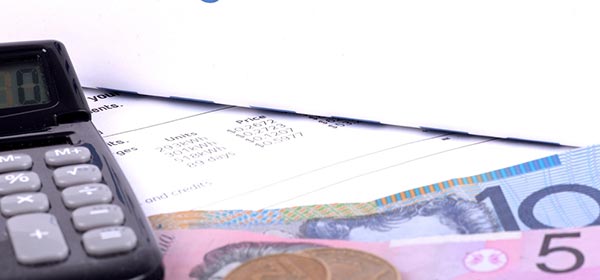A new deal between the world’s top oil-producing nations will mean the end of $1 per litre fuel, and some Australian residents will, next year, pay up to 10 per cent extra for electricity.
Within weeks, petrol prices will rise by an average of 8c per litre, after the Organisation of the Petroleum Exporting Countries (OPEC) reached a deal to cap oil production.
This means Australians have around three weeks left to take advantage of cheaper petrol before the oil price rise is felt at the bowser.
“The days of cheap $1 fuel are certainly over … essentially around Christmas is when you will see the impact from these price increases,” said CommSec’s Savanth Sebastian. “Motorists will probably be better off filling up in the next couple of weeks when they get to the low point in the cycle.”
Economists are predicting an eight to 14 per cent increase in fuel costs across the country by the end of the year, with further price rises expected next year.
And there’s even more bad news for Victorian residents, as the closure of the Hazelwood power station means that, as of 1 January 2017, the cost of electricity will rise.
The electricity price hikes are estimated to be between 6.5 and 10 per cent for residential supply.
“There’s usually a range of reasons for the price rises and in this instance the main driver is the increase in wholesale costs,” said Kieren Donohue from the Australian Energy Council. “And the biggest impact on that is the upcoming closure of the Hazelwood Power Station.”
Gas prices are also set to rise, with combined electricity and gas costs expected to increase by up to $310 per year, depending on the retailer and location.
Electricity-only households could see bill inreases of up to $210 per year.
Victorian residents are being urged to shop around for the best electricity prices, and pensioners should check if they’re eligible for energy concessions.
Earlier this week, the Essential Services Commission showed that up to 70,000 people are enrolled in energy retailer hardship programs and 61,000 households were disconnected in 2015.
This news means that Australian households already doing it tough will be forced to tighten their belts even further.
How will the increase in power costs affect you? Are you eligible for a concession?
Related articles:
Electricity bills explained
Five best ways to cut power costs
How to use less electricity

